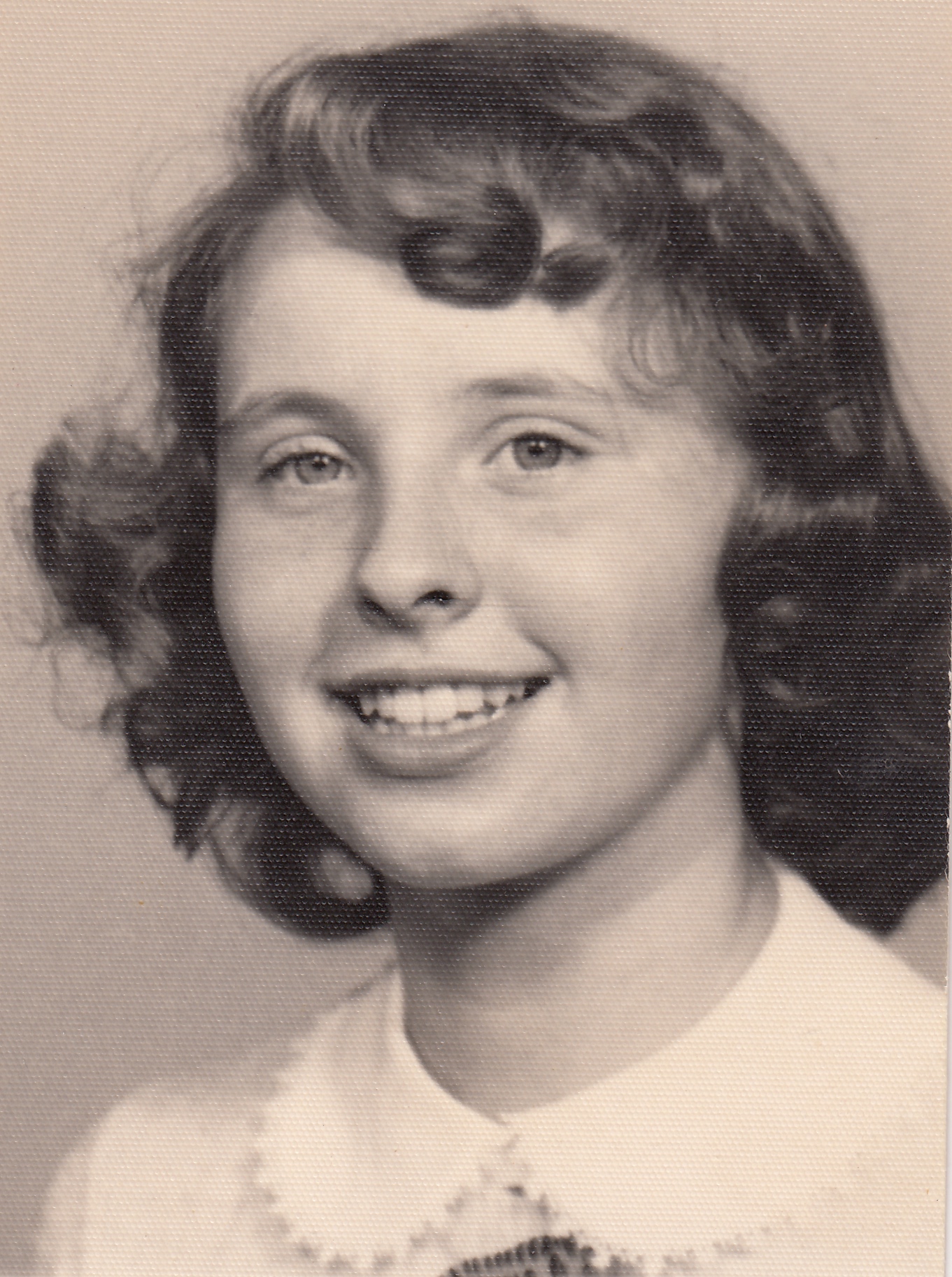
This scholarship is funded by a generous gift from the Tim Logan family. It was created in memory of Kira Block to recognize a student with a passion for language and culture and aims to set the recipient on their way to unimaginable opportunities. Kira’s life took her from Poland, through Germany, to the United States. On this journey, Kira learned German, French, Russian and English, was recognized as Outstanding German student one year, developed a deep appreciation for the study of foreign languages and became a committed educator. Please see her biography below.
The scholarship is for students who pursue a German-focused degree in the Department of Modern Languages and Linguistics. The winner of this award will stand out through their exceptional accomplishments in the German Program, including their academic commitment to studying German language and culture and their social and extracurricular initiatives (i.e., service in the FSU German Program's organizations and events, studying abroad through FSU Global Exchanges, etc.). The winner must commit to returning to study with FSU's German Program in the academic year following the scholarship.
The faculty of the German Program nominate the winner.
If you wish to be considered for the scholarship, please submit the following to the German Program faculty members (Birgit Maier-Katkin, bmaierkatkin@fsu.edu; Tatjana Soldat-Jaffe, tsoldatjaffe@fsu.edu; Christian Weber, cweber@fsu.edu; Dana Weber, aweber@fsu.edu):
- A statement of purpose in which you describe a) your interest in studying German language and culture and b) your active involvement and service with the FSU German Program (no less than 400 words)
- Your transcript
The scholarship is disbursed by refund. If selected, please write a thank-you letter explaining what you used the funds for and submit the receipts to Ms. Jeannine Spears at jspears@fsu.edu.
Kira Block - a Transatlantic Life

Language and culture were a large part of Kira Block’s life. She spoke German and Russian with her parents, with an occasional Polish and French word thrown in (I don’t ever recall the three of them speaking together in English). She started a master’s degree program in Russian but couldn’t keep up while raising seven kids. She taught languages at the high school level and her language abilities provided her opportunities that she never could have foreseen. Although she never pushed her children into studying languages, she gladly spoke German or Russian with those of her grandkids who showed an interest.
She was born in Bydgoszcz, Poland, in June 1939. Her mother, Emilia, was from Pabianice, Poland, and her father, Afanasy, was a Russian émigré from Kiev. She had few memories of her years in Poland during the war. In January 1945, her family fled to Bavaria ahead of the advancing Soviet army and spent the post-war years there. She talked about the train ride from Poland to Germany, playing hide-and-seek in the war rubble, and her schools with bullet holes in the walls. Her father was a deacon in the Russian Orthodox Church and they lived among a Russian community in Ingolstadt. In 1951, they immigrated to the United States, entering through New Orleans and moving to a rural farming community outside Branson, Missouri, where her father did farm work to pay off their sponsorship. Her memories of that trans-Atlantic voyage included seeing schools of flying fish, but mostly feeling seasick for two weeks.


Upon arrival in the U.S., none of them spoke English well. Kira attended a one-room schoolhouse, where she was referred to as "the little immigrant girl" by her teacher and lived in a one-room converted chicken coop on the farm with her parents, complete with an unheated outhouse. She learned English in school while her parents took English languages courses and practiced by reading the newspapers and magazines. After a year in Missouri, they moved to Chicago, living in a large Polish/Russian community on the north side where her father was ordained as a Russian Orthodox priest. In 1952, he was assigned to a newly formed church in Benton Harbor, Michigan where Kira spent her high school years, graduating in 1957.

As her kids grew older, she worked as a temporary secretary at Steelcase in Grand Rapids, Michigan. One day, she translated a letter from one of their European offices and was hired as an executive secretary with the specific job of teaching the vice presidents German. She also worked as a docent at the Frank Lloyd Wright Meyer-May house in Grand Rapids, often giving tours to groups of German and French tourists.
Kira’s life, her strength and spirit in the face of adversity, her passion for education, her internationalism, and her enthusiasm for foreign languages and cultures shine as a beacon of inspiration for those who would follow in her path.
Tim Logan

